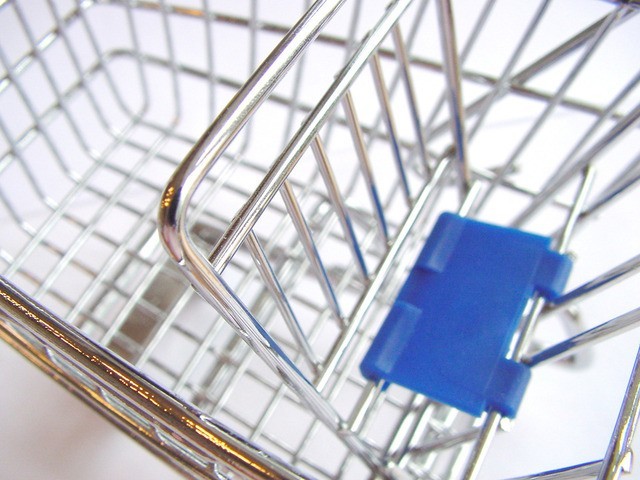
The Lifespan of Household Appliances: When It’s Time to Bid Farewell
This is a collaborative post
Household appliances play a huge part in our everyday lives, from keeping groceries cool to washing machines that help manage our laundry pile. But like anything, these vital devices have their own lifespans that eventually come to an end.In this blog we’ll look into these average lifespans so that you can have some idea as to when you may have to bid farewell to some beloved machines in your home.
Photo by Point3D Commercial Imaging Ltd. on Unsplash
The Ten-Year Threshold: A Milestone to Remember
When it comes to household appliances, the 10-year mark can be an important milestone. Many appliances begin showing signs of wear and tear around this point in their lifespans, which in turn can decrease efficiency over time. While there may be exceptions and variations at play here too, understanding an appliance’s expected lifespan can help inform decisions regarding repairs, replacements and budgeting for future needs.
Boilers: Reliable Sources of Heat
Our homes depend on boilers to supply both warmth and hot water for our daily lives. A well-maintained boiler typically lasts 10-15 years depending on its usage, maintenance requirements, quality of installation, and quick repairs. Regular servicing can extend its lifespan even further and ensure optimal performance. But all good things must come to an end, and you will have to get new boiler installations to keep up with the latest in energy efficiency.
Refrigerators: Keeping Cool for a Decade (and Beyond)
Refrigerators are workhorses of the kitchen and should last at least 10-15 years with proper use, maintenance and quality models. But over time their effectiveness may decline depending on usage patterns, usage rates and model quality as well as any inefficient temperature management capabilities they might display. Frequent breakdowns or unusual noises might indicate it’s time for an upgrade.
Washing Machines: Spin Cycle Clocks In
Washing machines are important for keeping our clothes looking their best, typically lasting 8-12 years with regular usage and proper care practices. However, factors like frequency of use, load capacity and maintenance practices may impact this timeline significantly. Frequent leaks, excessive vibrations or an ineffective clean may signal it’s time for something new.
Ovens and Stoves: Cooking Up a Storm
Ovens and stoves are at the (heated) core of our kitchens, helping us prepare delicious meals. On average, these appliances should last from 10-15 years depending on usage patterns, maintenance habits and quality issues with the appliance in question. If there’s inconsistency with heating levels, frequent breakdowns or safety concerns it might be time for an upgrade, or replacement entirely.
Microwaves: Heating Up for Decades
Microwaves have become an indispensable appliance in most households, providing quick and convenient heating options. If properly maintained, microwaves should last around 8-10 years with regular use. Signs that it might be time for replacement include uneven heating, malfunctioning buttons or interior that’s no longer easy to clean.
Conclusion
Household appliances play a big role in our everyday lives. Becoming more familiar with their lifespans will enable us to make informed decisions when it’s time for replacement, taking into account wear-and-tear, efficiency loss and safety concerns when making our decision. By recognising signs of wear-and-tear, efficiency decline, or safety hazards signs, we can say goodbye to our trusted machines. And then welcome newer and improved technology into our homes, opening up new possibilities while improving efficiency within our everyday lives.





